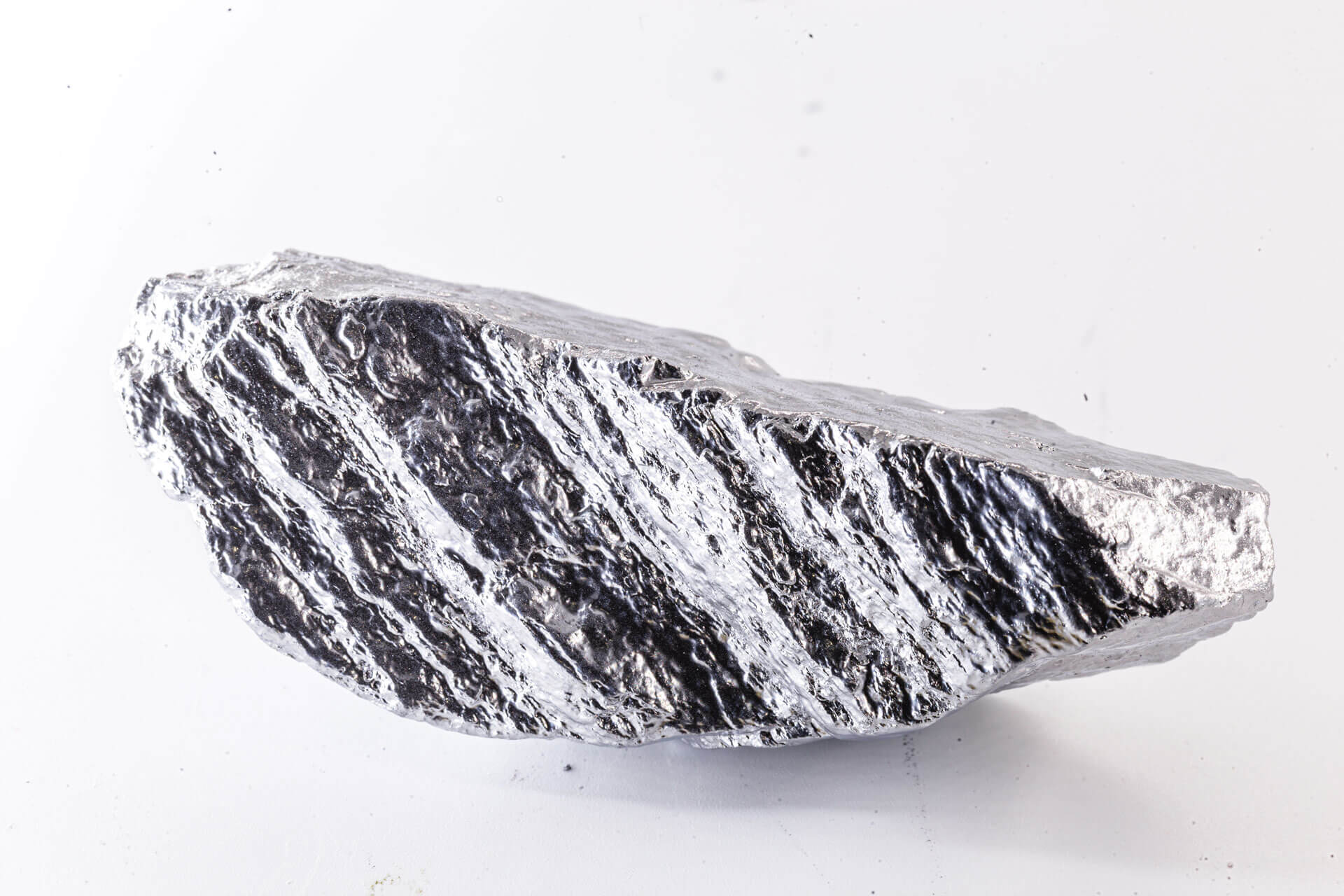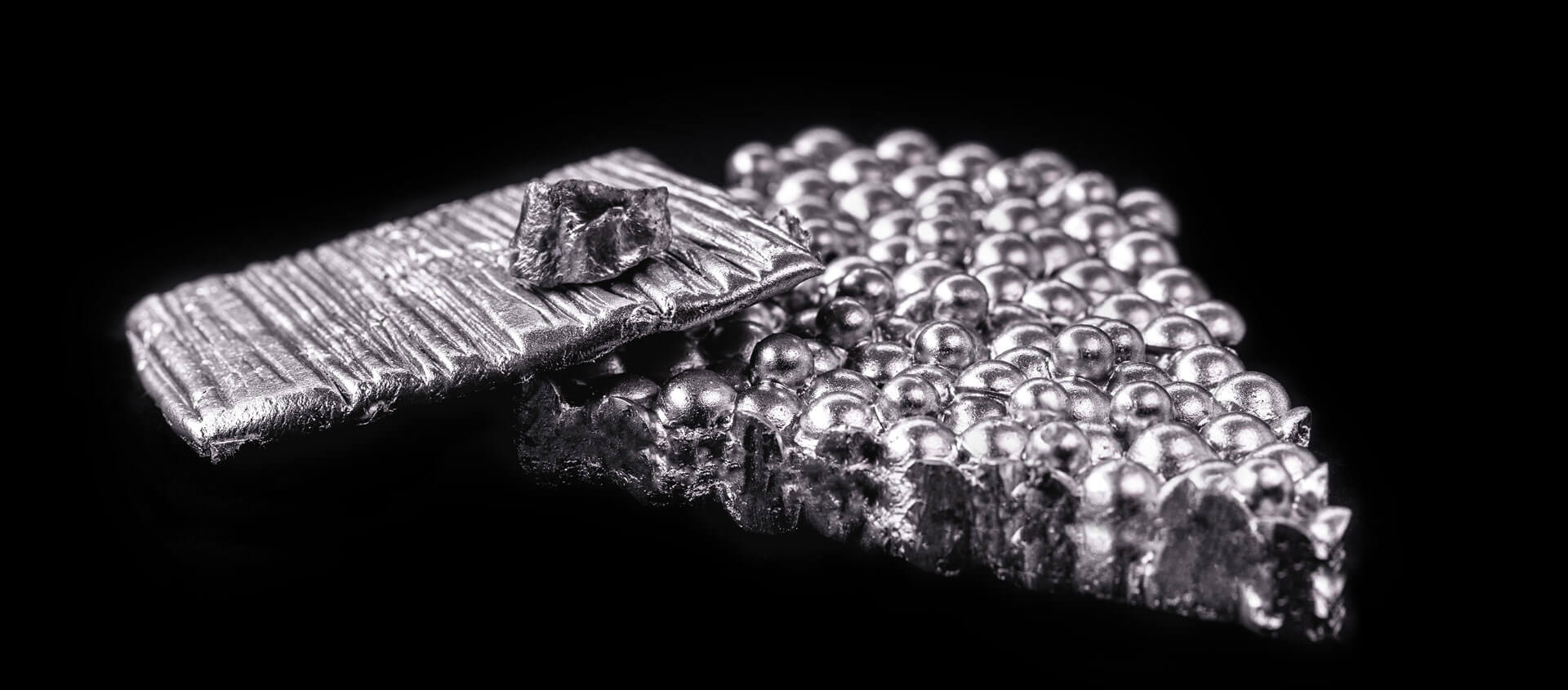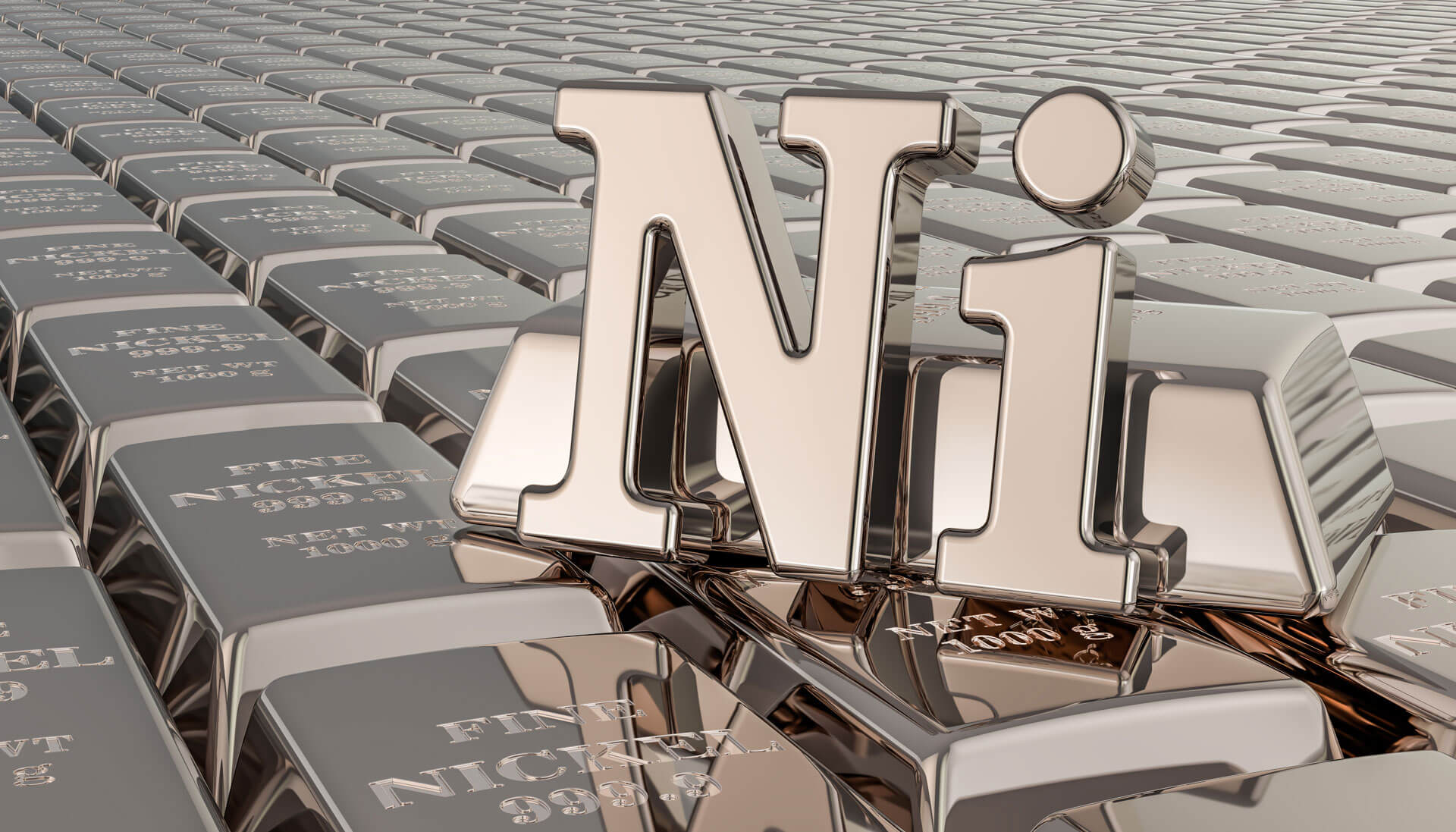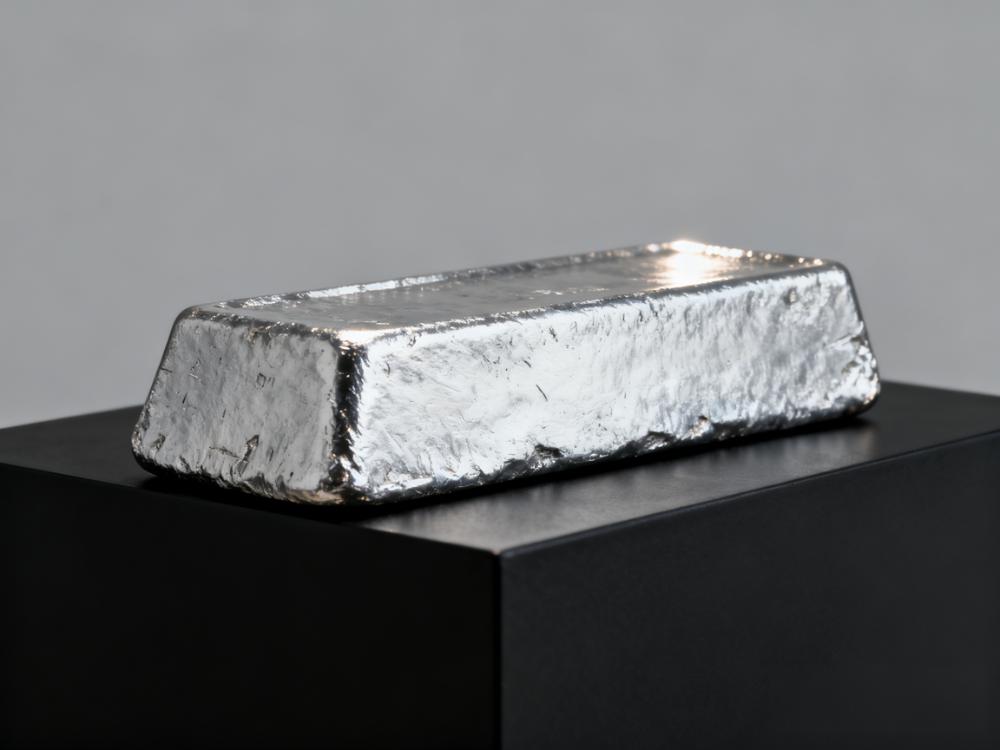Vale is known for its huge Brazilian operations and is one of the world's largest iron ore producers, but its chief executive wants to change that.
For Educardo Bartolomeo (Eduardo Bartolomeo), it is dangerous to be seen as "one geography, one mining company" and Vale should try to highlight the value of its industrial metals business, which he says has the potential to become a major supplier of battery materials to the North.
Achieving this goal is by no means easy. In order to provide Tesla, Ford, General Motors and others with the copper, nickel and cobalt needed to expand production of electric vehicles, Mr Bartolomeo will have to change the performance of the misfire metals division.
Although production is expected to recover next year, Bartolomeo, who was in charge of the base metals business before he was appointed CEO in April 2019, knows that if Vale is to achieve its share of the North American battery-grade nickel market within 30-40 years in 2019.
"We are talking to Ford and General Motors, and we are talking to all of them," he said, noting that Vale had reached an agreement to sell 5 per cent of its annual top grade 1 nickel production to an American carmaker. Tesla is widely believed to be. According to the International Monetary Fund, a typical electric car battery pack requires about 35 kilograms of nickel, while charging stations need a lot of copper.
Key to the Bartolomeo plan is Vale's operations in Canada, including Sudbury (Sudbury), one of the world's largest integrated mining complexes, and its Thompson (Thompson) mine in Manitoba, which he said could contain 5 million tons of nickel.
The company is also evaluating plans to build a processing plant capable of producing nickel sulfate, a key component of lithium-ion batteries that power electric vehicles.
If Bartolomeo can achieve his vision, it could reduce the sensitivity of Vale's share price to the volatile iron ore market, which in turn will take guidance from the health of the Chinese economy and policy makers in Beijing.
"our share price has fallen in exactly the same way as iron ore this year," Mr Bartolomeo said, lamenting that investors had not treated Vale's base metals business in the same way as rival Rio Tinto's aluminium assets or oil. And the natural gas division of BHP Billiton, another big iron ore producer.
In local currency terms, Vale's shares have fallen nearly 26 per cent since the summer, compared with Rio Tinto (down 20 per cent) and BHP Billiton (8 per cent).
Bartolomeo said Vale, which has just pulled out of the coal business, could take a number of ways to highlight the value of its base metals sector. One way is to create a separate subsidiary and bring in outside investors, as it did with its logistics division VL in 2013. "it could be an option," he said.
But before this can happen, companies must start. "that's why it's important to shift to base metals next year," he said.
Next year, Vale aims to increase copper production from 300000 tons to 350000 tons and nickel production from 170000 tons to 190000 tons.
Some investors were calm about Mr Bartolomeo's plan, saying Vale should focus on "optimizing" the costs of its vast iron ore business and simply spin off its metals business. "it will never matter," said one Vale investor.
Analysts are more sympathetic. "Nickel is a future-oriented commodity and Vale has a good base copper business," said Mr Taylor Broda, who values the metals business at $17 billion and the core iron ore business at $75 billion. "the portfolio is growing, which you can't see everywhere."
Broda expects earnings before interest, tax, depreciation and amortisation in its metals business to be $3.2 billion this year, compared with $27.7 billion in iron ore.
For now, analysts and investors remain focused on steelmaking commodities. Bartolomeo believes that prices have bottomed out and that China's steel production, which fell sharply in the second half of the year as a result of government production cuts, will pick up after the Beijing Winter Olympics in February.
"they are talking about production of 1 billion tons [of steel] again," Bartolomeo said. "the rest of the world will grow next year."
Click to subscribe to SMM China Nickel Industry chain Annual report to master comprehensive and in-depth industry chain data, research information and SMM professional analysis




